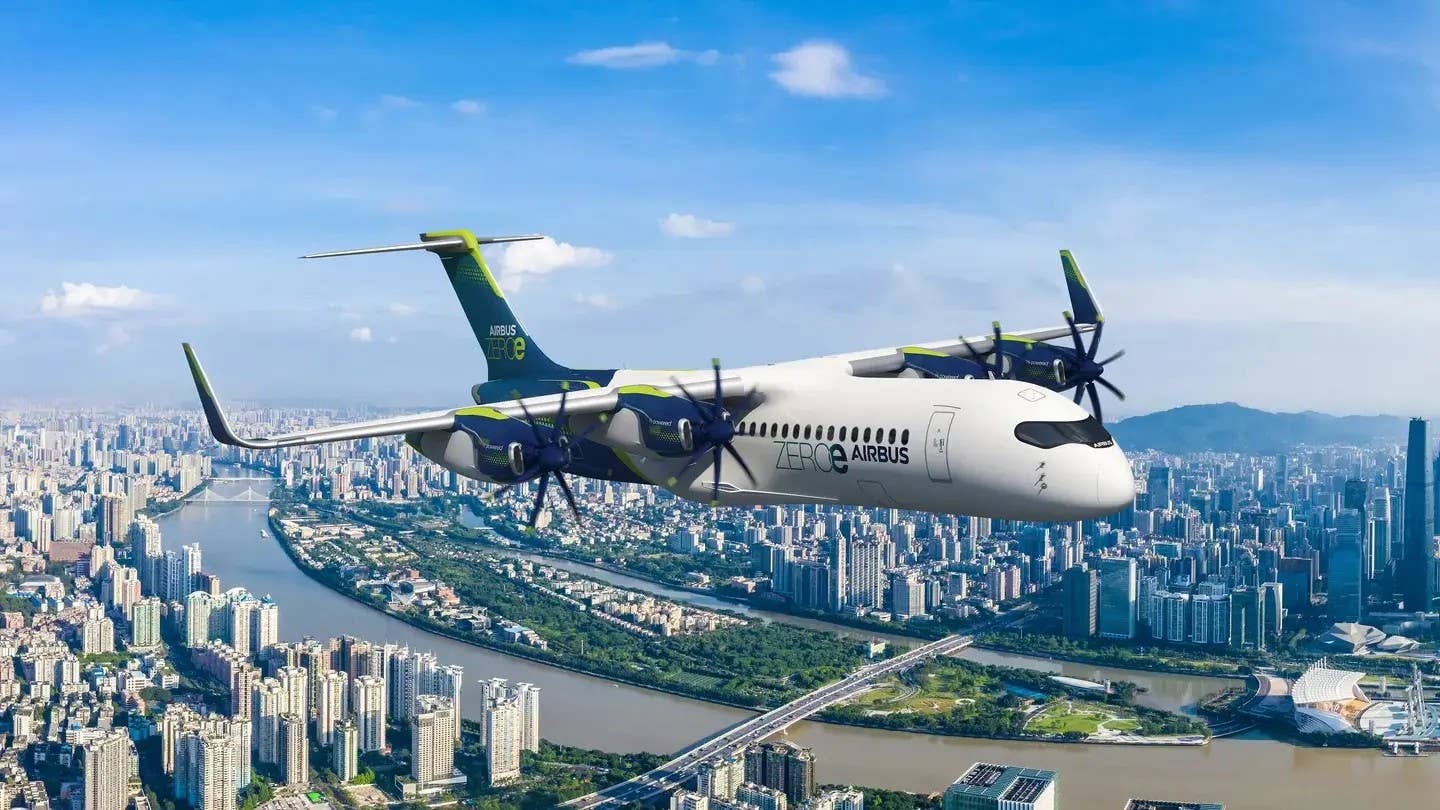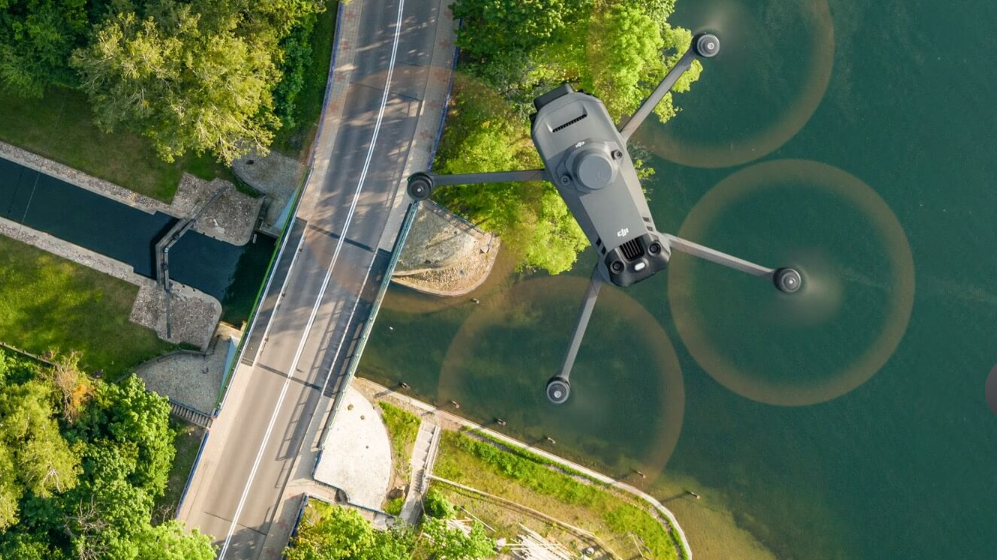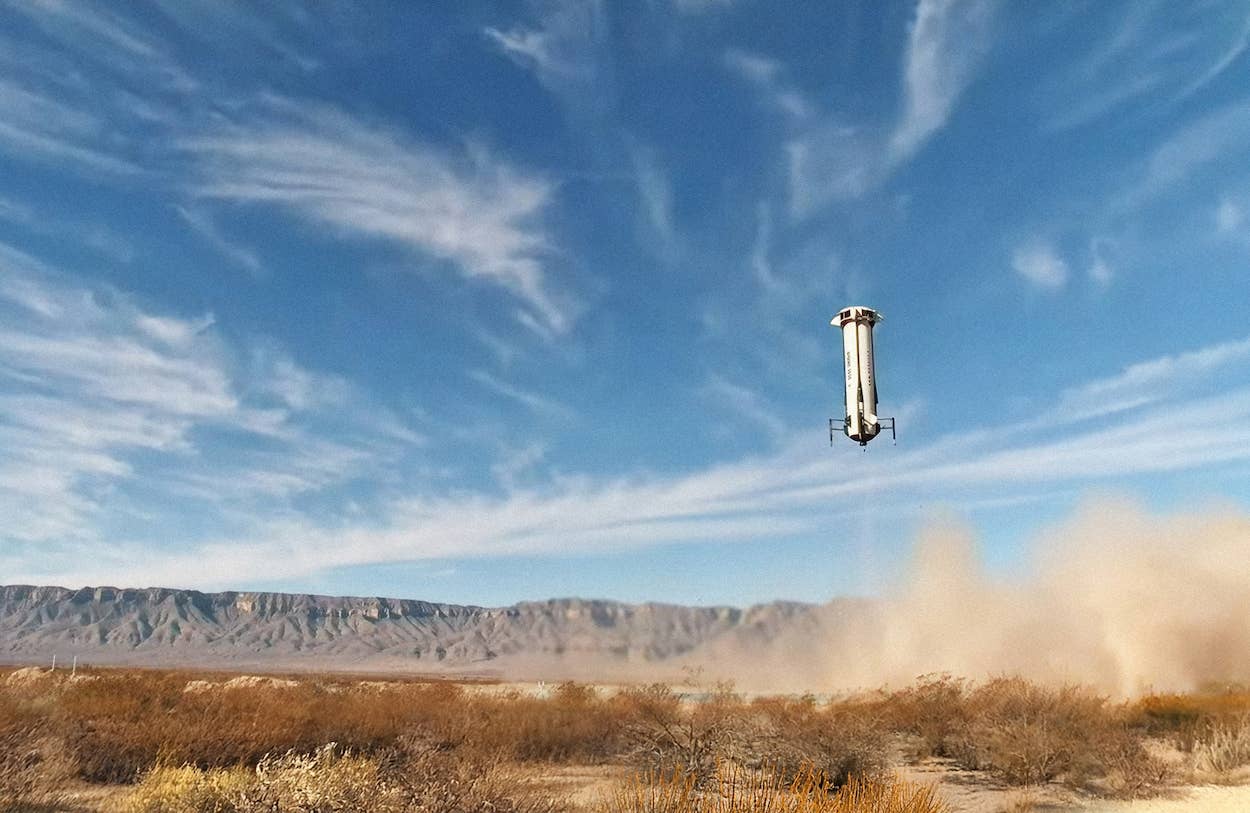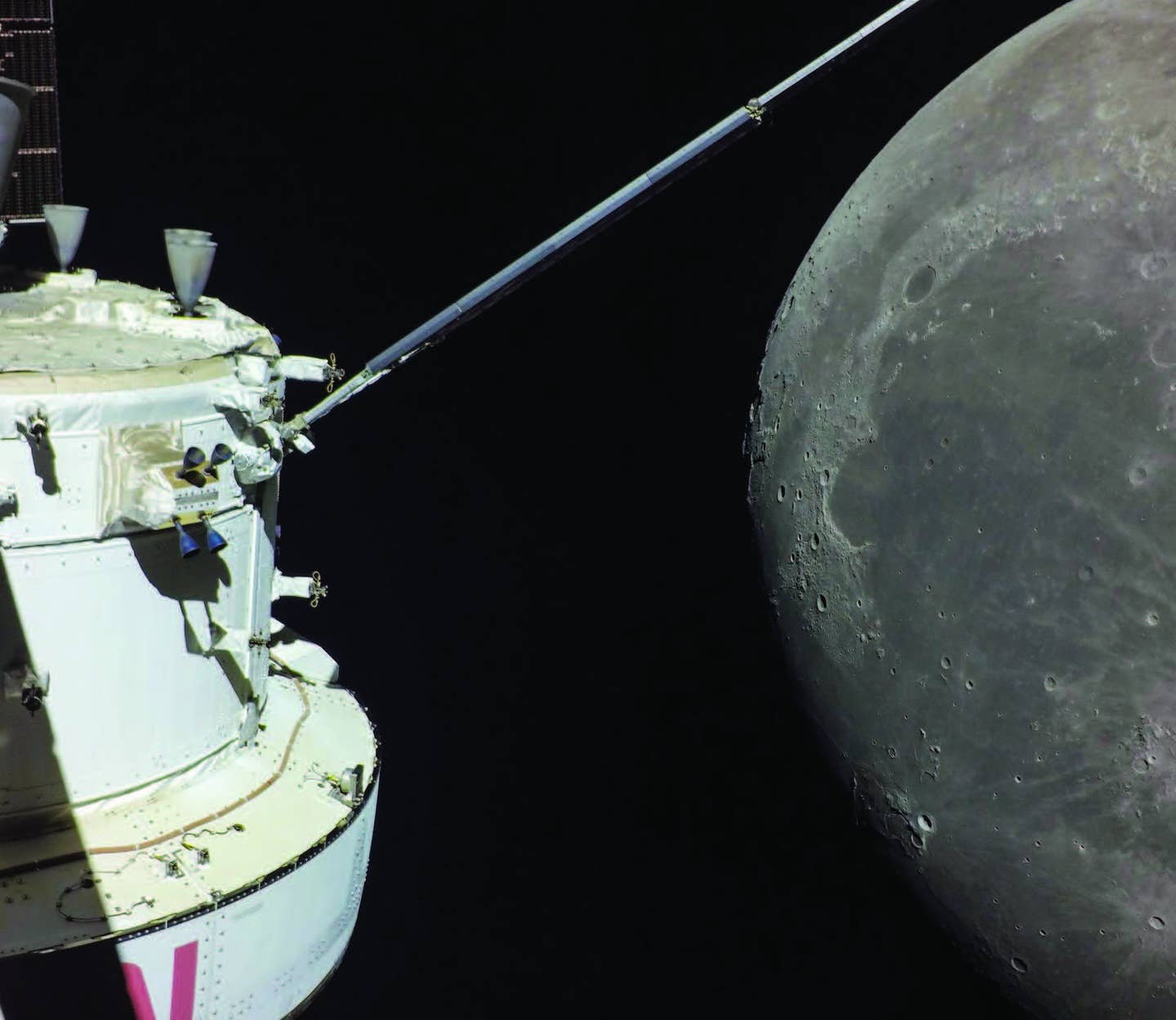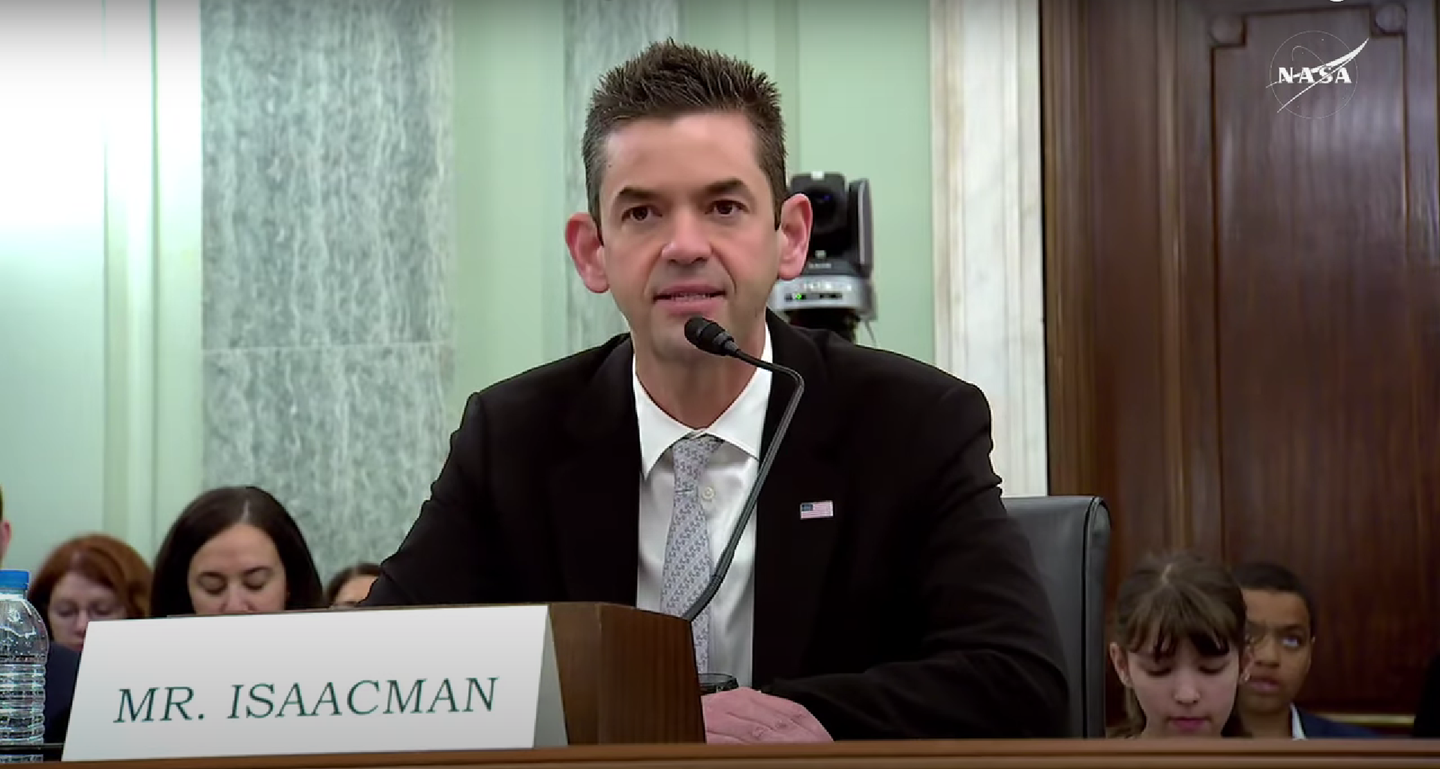NASA Selects Boeing to Develop New Fuel-Efficient Aircraft
The Transonic Truss-Braced Wing aircraft aims to slash fuel consumption and emissions by 30 percent.
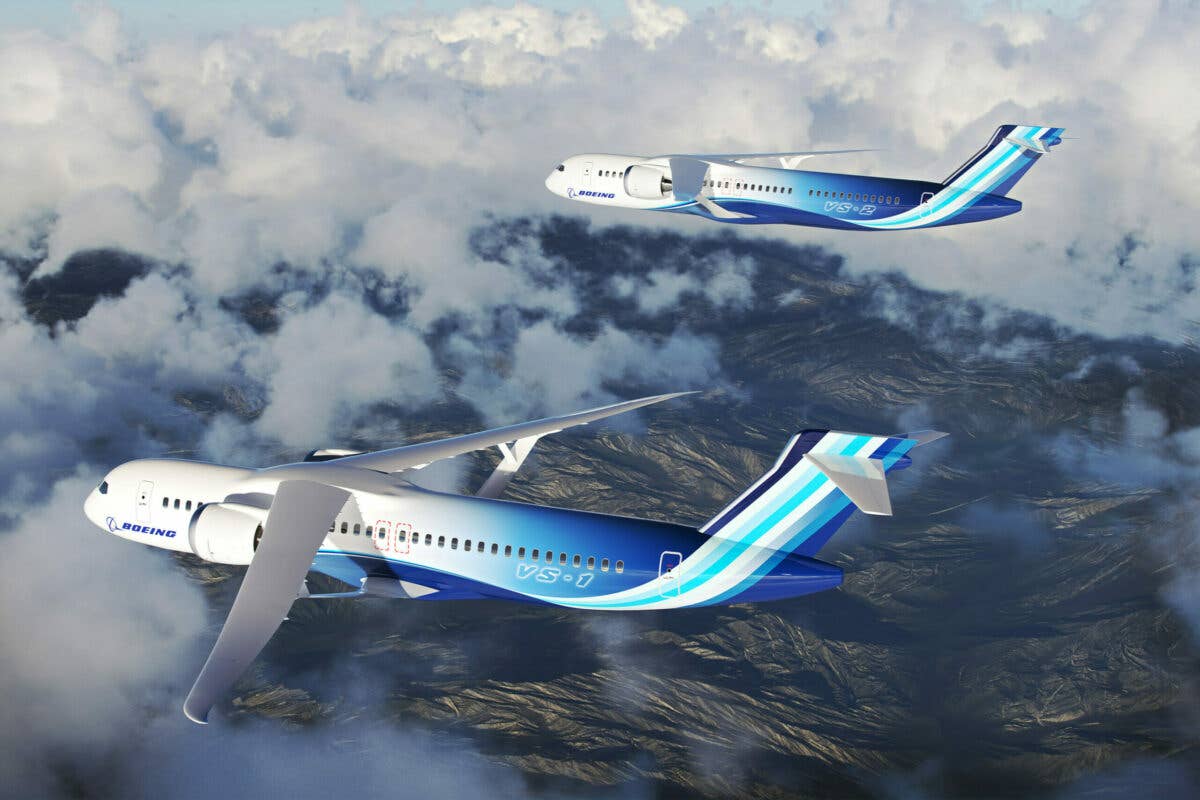
NASA has selected Boeing and its industry team to lead the development and flight testing of a full-scale Transonic Truss-Braced Wing (TTBW) demonstrator airplane. [Courtesy: Boeing]
NASA has tapped Boeing [NYSE:BA] to design an aircraft that aims to reduce fuel consumption and emissions by 30 percent compared to the most efficient single-aisle airplanes.
The design, known as the Transonic Truss-Braced Wing (TTBW) demonstrator airplane has been under development for more than a decade as part of the Sustainable Flight Demonstrator (SFD) program.
"The SFD program has the potential to make a major contribution toward a sustainable future," said Greg Hyslop, Boeing chief engineer and executive vice president of engineering, test and technology. "It represents an opportunity to design, build and fly a full-scale experimental plane, while solving novel technical problems."
The aviation industry has a goal to meet net zero carbon emissions by 2050. Boeing and NASA note the aircraft of this type could be flying as soon as 2028.
The TTBW Concept
Transonic truss-braced wings consist of ultra-thin wings braced by struts with larger spans and higher-aspect ratios. According to Boeing, when combined with expected advancements in propulsion systems, materials and systems architecture, the single-aisle airplane with a TTBW configuration "could reduce fuel consumption and emissions up to 30 percent relative to today's most efficient single-aisle airplanes, depending on the mission."
Early conceptual studies started under NASA's Environmentally Responsible Aviation program, and Boeing has conducted extensive wind tunnel testing and digital modeling to advance the design under NASA's Subsonic Ultra Green Aircraft Research program.
The Cost of the Project
The SFD program will leverage up to $725 million in funding by Boeing and its industry partners to shape the demonstrator program and meet the resource needs required. NASA's funding through the SFD Space Act Agreement totals $425 million.
Separately, Boeing's previous internal investments for recent phases of sustainable aviation research total $110 million.

Sign-up for newsletters & special offers!
Get the latest FLYING stories & special offers delivered directly to your inbox

